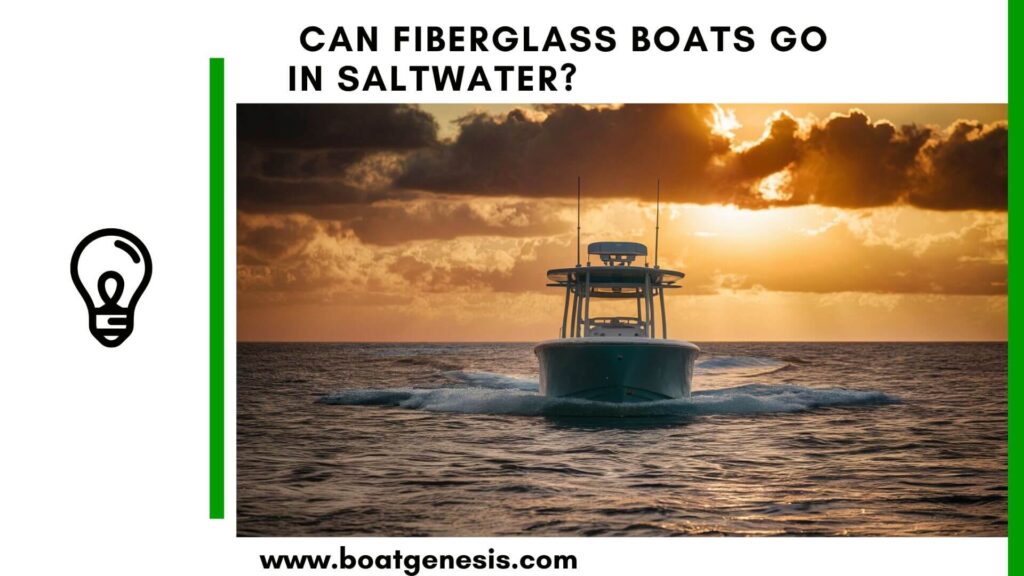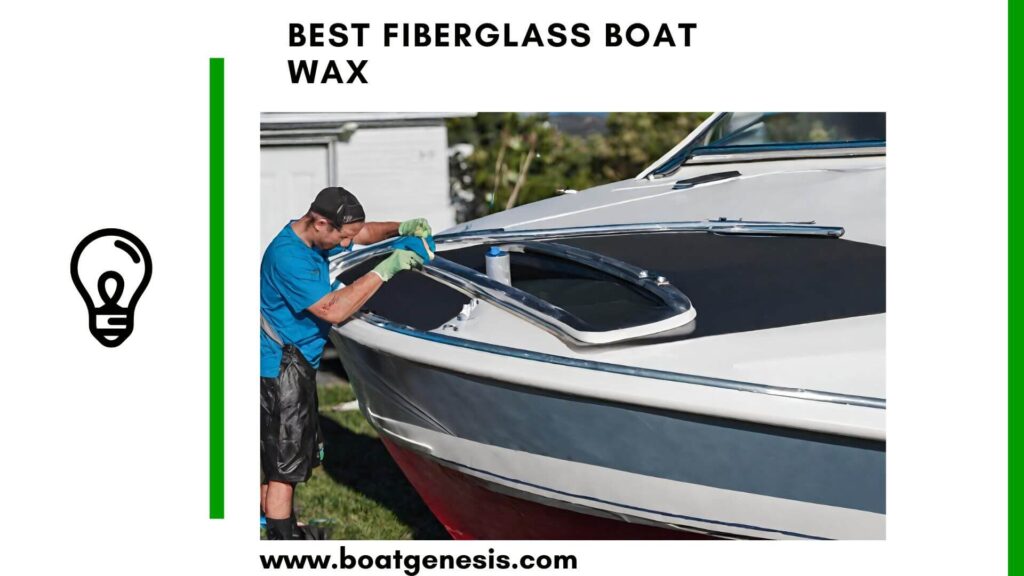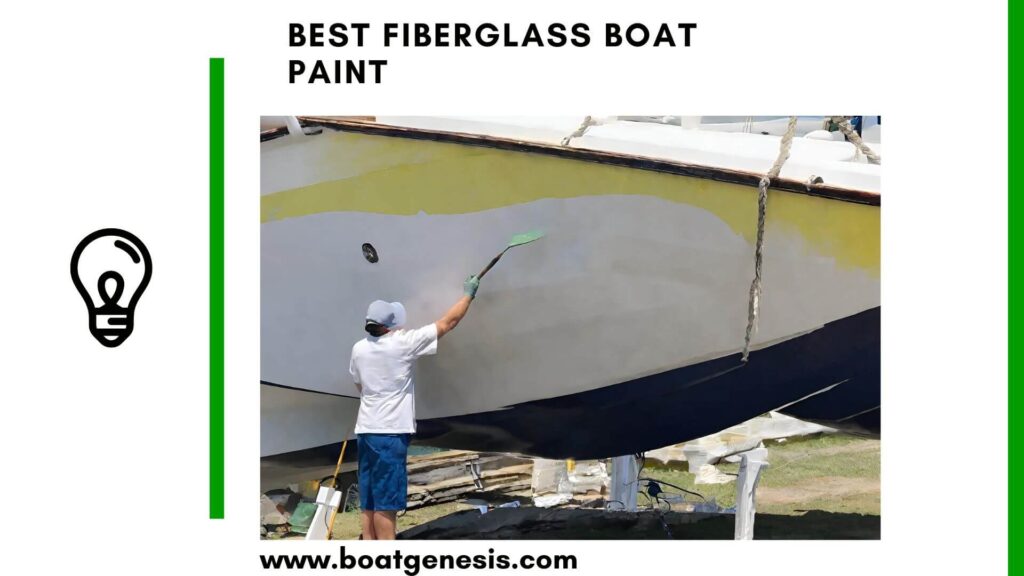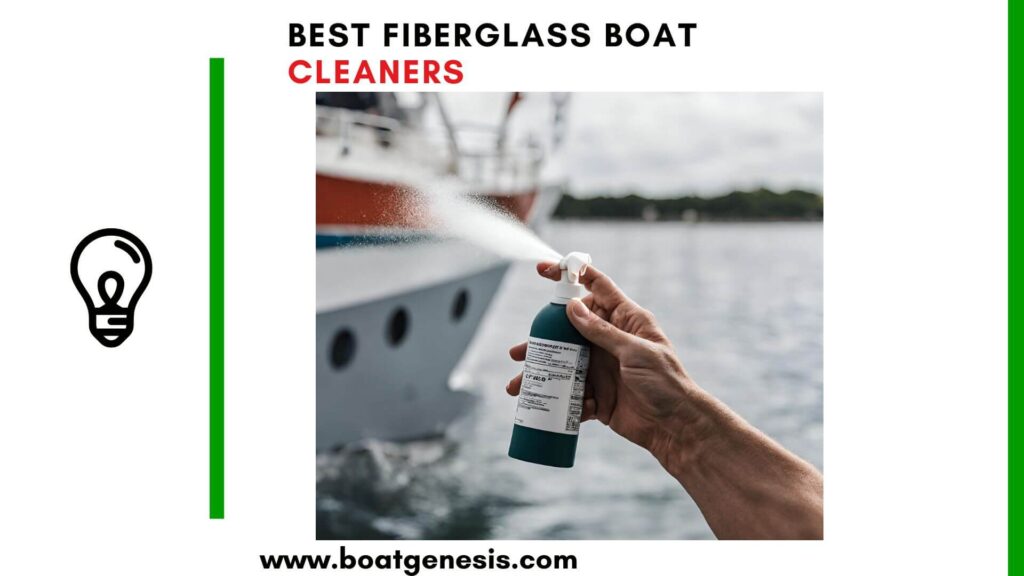Fiberglass boats are a popular choice for many boaters, and for good reason. Not only are they durable and long-lasting, but they can also handle the harsh conditions of saltwater environments.
That’s right, fiberglass boats are indeed suitable for use in saltwater, making them a versatile option for boaters who enjoy exploring coastal waters.
The Durability of Fiberglass in Saltwater
One of the main reasons why fiberglass boats are suitable for saltwater use is their inherent durability.
Fiberglass is a robust material that can withstand the corrosive effects of salt water better than many other boat building materials. However, it’s important to note that while fiberglass is resistant to saltwater corrosion, it is not entirely invincible.
Over time, exposure to saltwater can lead to various issues such as blistering, osmotic damage, and gel coat deterioration. But fear not! With proper maintenance and care, you can significantly extend the lifespan of your fiberglass boat in saltwater environments.
Protecting Your Fiberglass Boat in Saltwater
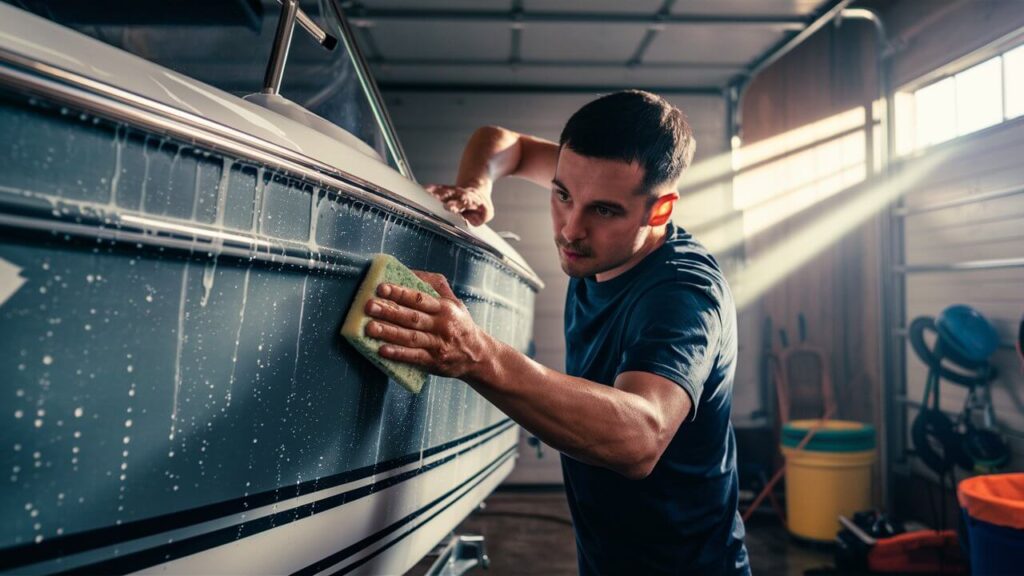
To keep your fiberglass boat in top condition when using it in saltwater, there are several steps you can take:
- Rinse with Fresh Water: After each saltwater outing, thoroughly rinse your boat with fresh water to remove salt residue. Pay extra attention to areas where salt can accumulate, such as the hull, deck, and hardware.
- Wax and Polish: Regularly waxing and polishing your boat’s gel coat will create a protective barrier against salt and UV rays. This not only enhances the boat’s appearance but also helps prevent oxidation and fading.
- Inspect and Repair: Periodically inspect your boat for any signs of damage, such as cracks, blisters, or delamination. Address any issues promptly to prevent further deterioration.
- Proper Storage: When not in use, store your fiberglass boat in a covered or shaded area to minimize exposure to the elements. If possible, consider using a boat lift or dry storage to keep your boat out of the water during extended periods of inactivity.
The Advantages of Fiberglass Boats in Saltwater
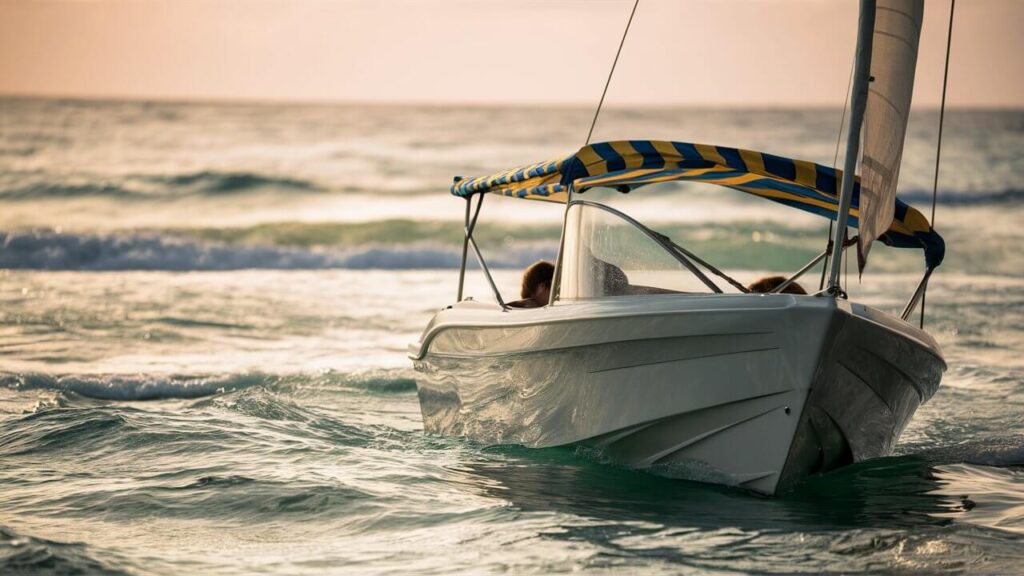
In addition to their durability, fiberglass boats offer several other advantages for saltwater use:
- Smooth Ride: Fiberglass hulls provide a smooth and comfortable ride, even in choppy saltwater conditions. The material’s flexibility helps absorb vibrations and impacts, resulting in a more enjoyable boating experience.
- Low Maintenance: Compared to other boat building materials, fiberglass requires relatively low maintenance. Regular cleaning, waxing, and occasional repairs are usually sufficient to keep your fiberglass boat in great shape.
- Customization Options: Fiberglass boats offer a wide range of customization possibilities. From color and layout to accessories and equipment, you can tailor your fiberglass boat to suit your specific needs and preferences.
==>> Also read: Is fiberglass boat flammable?
Choosing the Right Fiberglass Boat for Saltwater
When selecting a fiberglass boat for saltwater use, consider factors such as:
- Hull Design: Look for a hull designed specifically for saltwater conditions, with features like a deep-V or catamaran design for better stability and performance.
- Engine and Electrical Systems: Ensure that the boat’s engine and electrical components are rated for saltwater use and have proper corrosion protection.
- Accessories and Hardware: Choose marine-grade accessories and hardware that can withstand the harsh saltwater environment, such as stainless steel or anodized aluminum.
Conclusion
In conclusion, fiberglass boats are indeed a great choice for saltwater adventures. With their durability, smooth ride, and customization options, they offer an excellent balance of performance and versatility.
You can enjoy many years of memorable saltwater boating experiences with your trusty fiberglass vessel by following proper maintenance practices and selecting the right boat for your needs.
So, whether you’re cruising along the coast, fishing in the bay, or exploring remote islands, a well-maintained fiberglass boat can be your reliable companion on the high seas.

